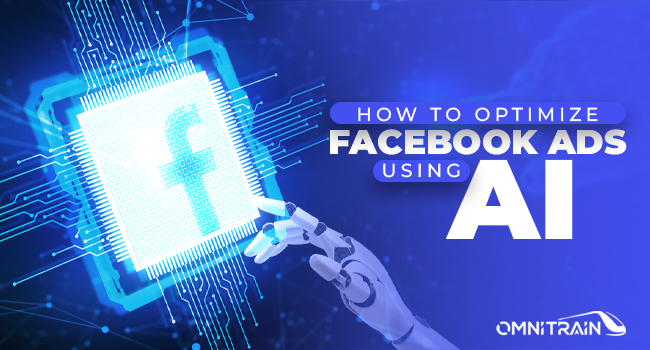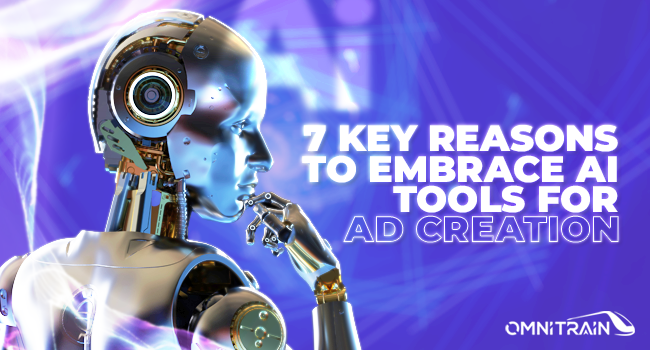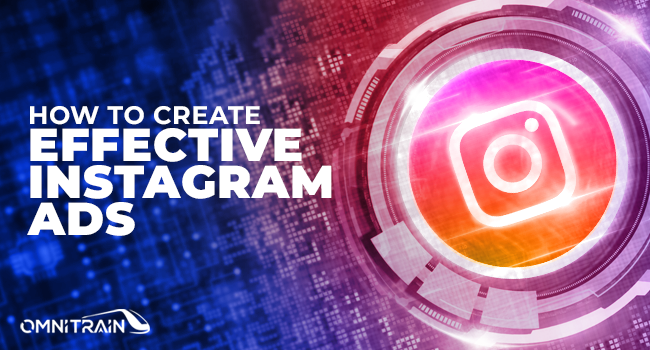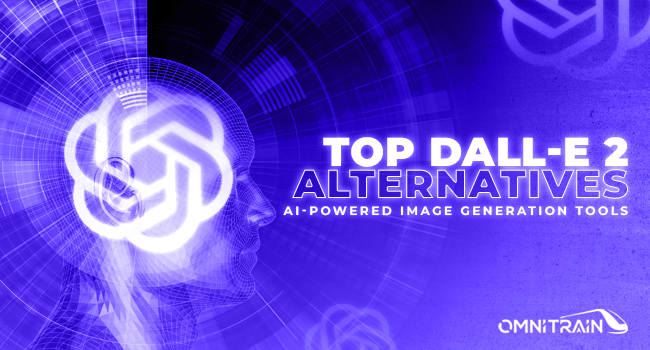AI Digital Marketing Strategy: 5 Best Winning Tips
AI digital marketing strategy is changing how businesses connect with audiences and improve their marketing efforts. Key benefits include:
- Improved Efficiency: AI automates repetitive tasks, saving time for marketers.
- Precision Targeting: AI tools analyze large datasets to accurately identify target audiences.
- Personalized Content: AI creates customized experiences, boosting engagement.
Artificial Intelligence (AI) is reshaping the landscape of digital marketing with its vast potential and evolving applications. From personalized content generation to predictive analytics, AI’s capabilities are enhancing how marketers execute and strategize their campaigns. By leveraging AI, digital marketers can not only streamline operations but also create more emotionally engaging and targeted content that resonates with their audience.
As the digital world evolves, it’s crucial to understand how an effective AI digital marketing strategy can help you stay ahead in this environment.
I’m Josh Benson, founder of OmniTrain. With a rich background in guiding companies to harness technology for marketing success, I specialize in helping businesses leverage AI digital marketing strategy to boost growth and engagement. Now, let’s dig deeper into how AI is open uping new opportunities in marketing.
Understanding AI in Digital Marketing
Artificial Intelligence (AI) is revolutionizing digital marketing by offering tools that improve data analysis, customer insights, and content creation. Let’s explore each of these areas to see how AI is changing marketing strategies.
Data Analysis
AI excels at analyzing large datasets quickly and accurately. This capability allows marketers to sift through vast amounts of social media interactions, customer forums, and CRM data to find patterns and trends. By understanding these patterns, businesses can create more effective marketing plans.
For instance, AI tools can analyze millions of social conversations to determine what customers are talking about and what they care about. This information helps brands tailor their marketing strategies to align with customer interests, leading to more personalized and targeted campaigns.
Customer Insights
AI doesn’t just stop at data analysis; it also helps in extracting valuable customer insights. By using AI tools, marketers can gain a deeper understanding of customer needs, preferences, and pain points.
For example, AI can segment customers based on their behaviors and preferences, offering insights into what drives their purchasing decisions. This segmentation allows for more personalized marketing efforts, ensuring that the right message reaches the right audience at the right time.
Moreover, AI can track competitors’ activities, providing insights into pricing strategies and brand engagement. This competitive analysis enriches a brand’s marketing strategy, enabling it to stay ahead of the competition.
Content Creation
Creating engaging content is often one of the most time-consuming tasks for marketers. However, AI is changing the game by streamlining this process. Tools like Sprout’s Suggestions by AI can generate creative ideas and improve post captions in seconds. This means marketers can focus more on strategic planning and less on the nitty-gritty of content creation.
AI can also produce various types of content, from blog articles to social media posts, that resonate with different audience demographics. By using targeted AI prompts, marketers can ensure their content aligns with audience preferences and behaviors, leading to higher engagement rates.
In summary, an effective AI digital marketing strategy leverages AI’s capabilities in data analysis, customer insights, and content creation to create more targeted and engaging marketing campaigns. As AI continues to evolve, its potential to transform digital marketing strategies will only grow, offering businesses new opportunities to connect with their audiences in meaningful ways.
This change in digital marketing, driven by AI, is just the beginning. Next, we’ll explore how to design an AI digital marketing strategy that maximizes these capabilities for personalized campaigns and improved customer experiences.
Designing an AI Digital Marketing Strategy
Creating an effective AI digital marketing strategy starts with understanding the power of AI in crafting personalized campaigns and improving customer experience.
Personalized Campaigns
AI enables marketers to tailor campaigns like never before. By analyzing customer data, AI can identify individual preferences and behaviors. This allows brands to create campaigns that speak directly to each customer, rather than a one-size-fits-all approach.
For example, imagine a clothing brand using AI to analyze buying patterns. They might find that a segment of their customers prefers eco-friendly materials. With this insight, they can tailor their marketing to highlight sustainable products, increasing the likelihood of engagement and sales.
Enhancing Customer Experience
Customer experience is at the heart of any successful marketing strategy. AI helps improve this by providing instant support and personalized interactions.
Chatbots, powered by AI, offer 24/7 customer service, answering questions and solving issues in real-time. This not only improves customer satisfaction but also frees up human agents to tackle more complex tasks.
AI can also optimize the timing and delivery of content. Tools like Sprout’s ViralPost™ determine the best times to post on social media, ensuring that content reaches the audience when they’re most likely to engage.
Implementing AI for Greater Impact
To successfully implement an AI digital marketing strategy, it’s crucial to choose the right AI tools and integrate them into existing systems. Start with small projects that demonstrate clear value and scale up as you see success.
Focus on training your team to work alongside AI. This approach not only improves the team’s skills but also ensures a seamless integration of AI into your marketing processes.
By leveraging AI, businesses can create highly personalized campaigns and improve customer experience, leading to increased engagement and loyalty. We’ll look at the specific AI tools that can be implemented to achieve these goals.
Implementing AI Tools in Marketing
When it comes to putting an AI digital marketing strategy into action, automation, chatbots, and sentiment analysis are your go-to tools. Each of these technologies offers unique benefits that can transform your marketing efforts.
Automation
Automation is a game-changer in marketing. It helps you handle repetitive tasks with ease, saving time and reducing human error. For instance, AI can automate email campaigns, ensuring messages are sent at the optimal time for engagement. It can also manage content scheduling, so your social media posts go live when your audience is most active.
Think of it this way: Instead of manually posting on different platforms, AI does the heavy lifting for you. This leaves your team free to focus on creating compelling content and strategies.
Chatbots
Chatbots are like your 24/7 customer service agents. They can handle queries, provide information, and even guide customers through purchasing processes. This not only improves customer satisfaction but also boosts efficiency.
For example, a study found that 64% of internet users say 24-hour service is the best feature of chatbots. They can answer questions instantly, helping customers get what they need without waiting for human help.
Integrating chatbots into your marketing strategy can improve the customer experience by making interactions quick and seamless.
Sentiment Analysis
Understanding how customers feel about your brand is crucial. Sentiment analysis uses AI to scan social media, reviews, and other online content to gauge public opinion.
By analyzing this data, you can gain insights into customer satisfaction and identify areas for improvement. For instance, if sentiment analysis reveals negative feedback about a product feature, you can address it promptly.
This proactive approach helps maintain a positive brand image and build customer loyalty.
Putting It All Together
Implementing these AI tools can lift your marketing strategy. Start small, perhaps by automating a single process or deploying a chatbot on your website. As you see results, expand your use of AI to other areas.
The key is to integrate AI tools seamlessly into your existing workflows. Train your team to use these technologies effectively, ensuring they complement human efforts rather than replace them.
By embracing automation, chatbots, and sentiment analysis, you can create a more efficient and customer-focused marketing strategy. Next, we’ll explore the ethical considerations that come with using AI in marketing.
Ethical Considerations in AI Marketing
As we dive deeper into leveraging AI in marketing, address the ethical considerations that come along. These involve data privacy, transparency, and compliance. Let’s break these down.
Data Privacy
In AI, data is king. But with great power comes great responsibility. Maintaining data privacy is crucial. AI tools often analyze vast amounts of customer information to deliver personalized experiences. However, this must be done while respecting individuals’ privacy rights.
Consider the General Data Protection Regulation (GDPR) in Europe. It sets strict guidelines on data collection and processing. Companies must ensure they have consent to use personal data and provide customers with the right to access and delete their information.
Tip: Always inform your customers about the data you collect and how it’s used. Transparency builds trust and keeps you compliant with privacy laws.
Transparency
Transparency in AI marketing means being open about how AI systems work and what data they use. Customers should know when they’re interacting with an AI, like a chatbot, instead of a human.
For instance, if you’re using AI to curate personalized content or offers, let your audience know. This openness can increase customer trust and improve brand loyalty.
Example: Netflix uses AI to recommend shows based on your viewing history. They clearly communicate this to users, making it clear that recommendations are custom by AI.
Compliance
Staying compliant with regulations is non-negotiable. Apart from GDPR, there are other laws like the California Consumer Privacy Act (CCPA) that protect consumer data. Compliance ensures that your marketing practices are lawful and ethical.
Regularly review your AI systems to ensure they adhere to these regulations. This might involve updating your privacy policies, conducting audits, and training your team on compliance best practices.
Checklist for Compliance:
- Obtain explicit consent for data use.
- Provide easy-to-understand privacy policies.
- Allow users to opt-out of data collection.
- Regularly review and update compliance measures.
By focusing on data privacy, transparency, and compliance, you can ethically harness the power of AI in your marketing strategy. These considerations not only protect your customers but also safeguard your brand’s reputation in the digital landscape.
Next, we’ll tackle some frequently asked questions about AI digital marketing strategies, shedding light on how AI can transform your marketing efforts.
Frequently Asked Questions about AI Digital Marketing Strategy
What is an AI digital marketing strategy?
An AI digital marketing strategy is a plan that integrates AI tools to improve marketing efforts. These tools help marketers understand customer behavior, create personalized campaigns, and optimize marketing actions. By analyzing data from various sources, AI provides insights that lead to more effective targeting and improved customer engagement.
Example: Brands can use AI to analyze social media conversations, identifying trends and consumer sentiments. This helps in crafting messages that resonate with the audience, increasing the impact of marketing campaigns.
How can AI improve customer engagement?
AI improves customer engagement by leveraging social listening and sentiment analysis. Social listening involves monitoring social media channels for mentions of your brand, competitors, or relevant topics. AI tools can analyze these mentions to gauge public sentiment and identify customer needs.
Sentiment Analysis: AI can determine whether mentions are positive, negative, or neutral. This insight helps brands respond appropriately, addressing concerns or amplifying positive feedback.
Example: A company might notice a surge in positive mentions about a new product feature. They can then promote this feature more aggressively, knowing it resonates well with customers.
Can AI write a marketing strategy?
While AI can significantly assist in creating a marketing strategy, it doesn’t entirely replace human input. AI excels in goal setting and data analysis by processing large datasets to identify patterns and opportunities. It can suggest strategic directions based on historical data and predictive analytics.
Goal Setting: AI tools can help set realistic marketing goals by analyzing past performance and market trends. They can forecast potential outcomes, allowing marketers to plan more effectively.
Data Analysis: AI can quickly sift through data, providing actionable insights. This allows marketers to focus on strategy rather than getting bogged down in data collection and interpretation.
Example: A marketing team might use AI to analyze customer data, identifying key demographics and behaviors. This information helps them craft a strategy that targets the right audience with the right message.
Next, we’ll dig into how to implement AI tools in marketing, exploring automation, chatbots, and sentiment analysis to lift your marketing game.
Conclusion
In today’s digital marketing world, leveraging AI is no longer optional—it’s essential. OmniTrain stands at the forefront of this revolution, offering a platform that transforms how brands create ads. Our AI-powered ads are designed to connect with audiences on a deeper emotional level, ensuring each ad is not just seen but felt.
Emotional Resonance is at the heart of effective advertising. It’s what turns a simple ad into a compelling story that captures attention and drives engagement. Our platform uses advanced AI to craft ads that resonate emotionally, eliminating the need for stock assets and extensive creative input. This means you can create high-converting social media ads in seconds, even without design skills.
By integrating AI into your marketing strategy, you open up new possibilities for personalization and engagement. OmniTrain makes it easy to harness the power of AI, allowing you to focus on what truly matters—connecting with your audience in meaningful ways.
Ready to lift your marketing strategy with AI? Find how OmniTrain can help you create ads that not only catch the eye but also capture the heart. Learn more about our AI-powered ad creation platform.
Incorporating AI into your marketing efforts is more than just a smart move—it’s a step towards a future where your brand stands out in the crowded digital landscape. Let’s accept this journey together and transform the way you connect with your audience.










